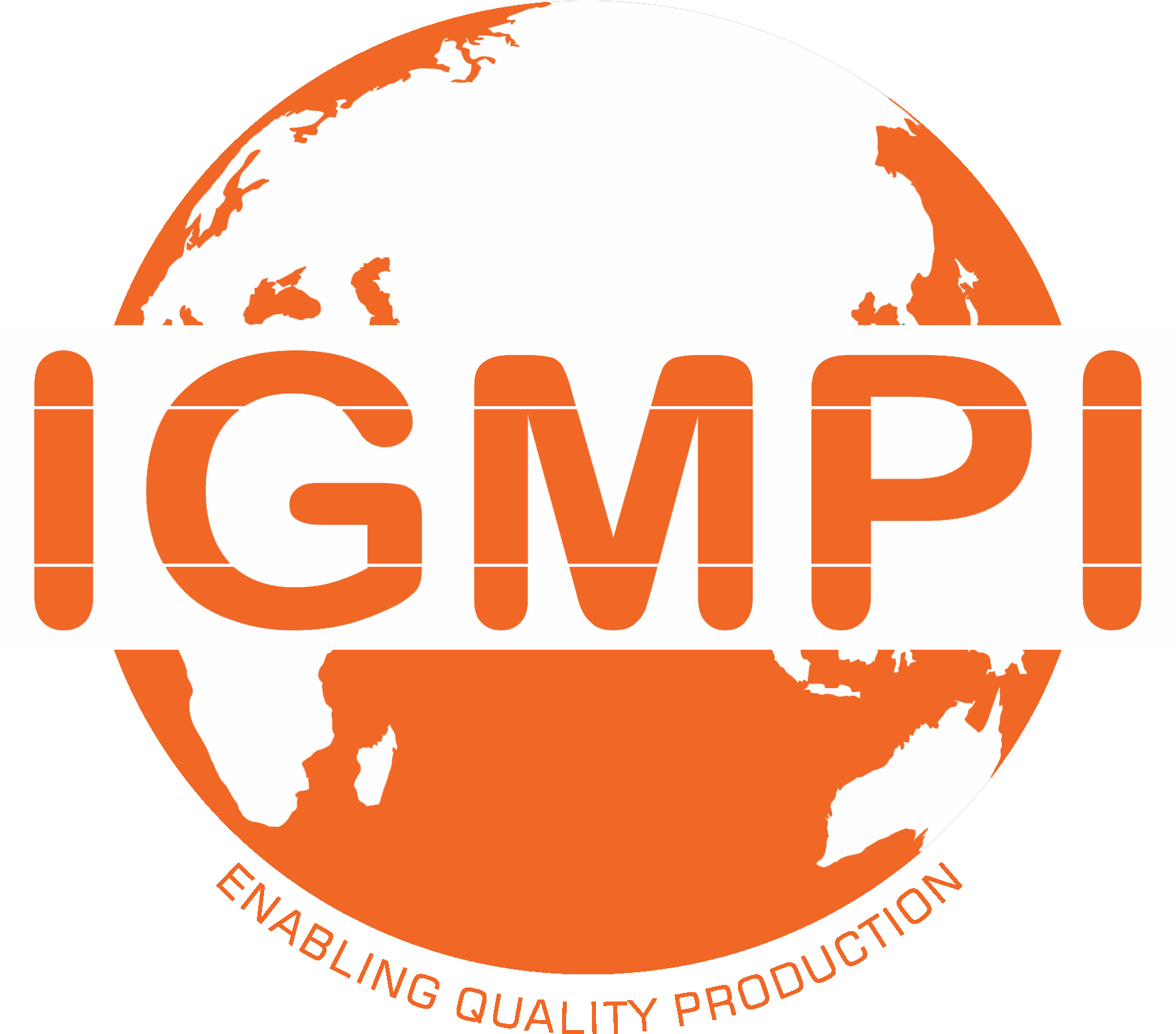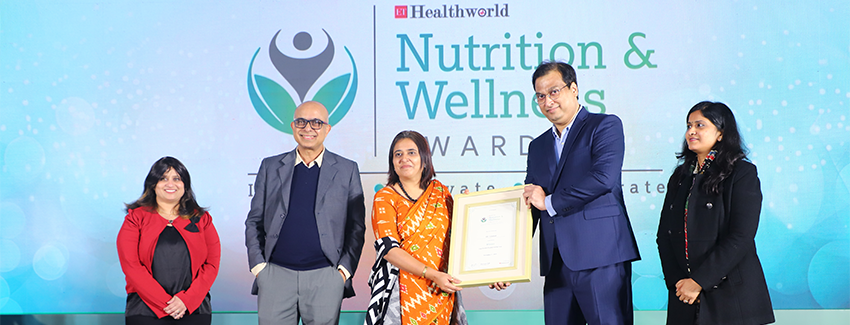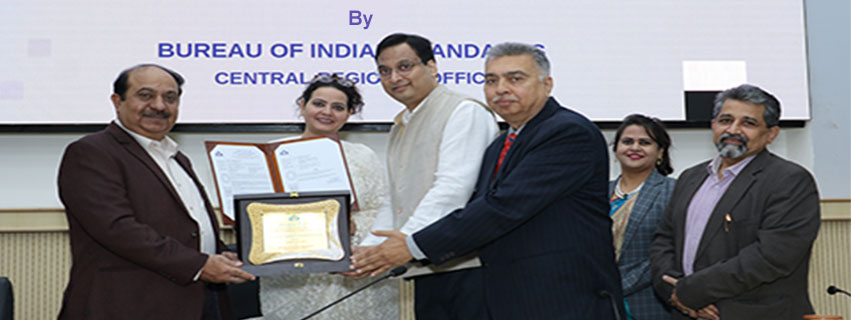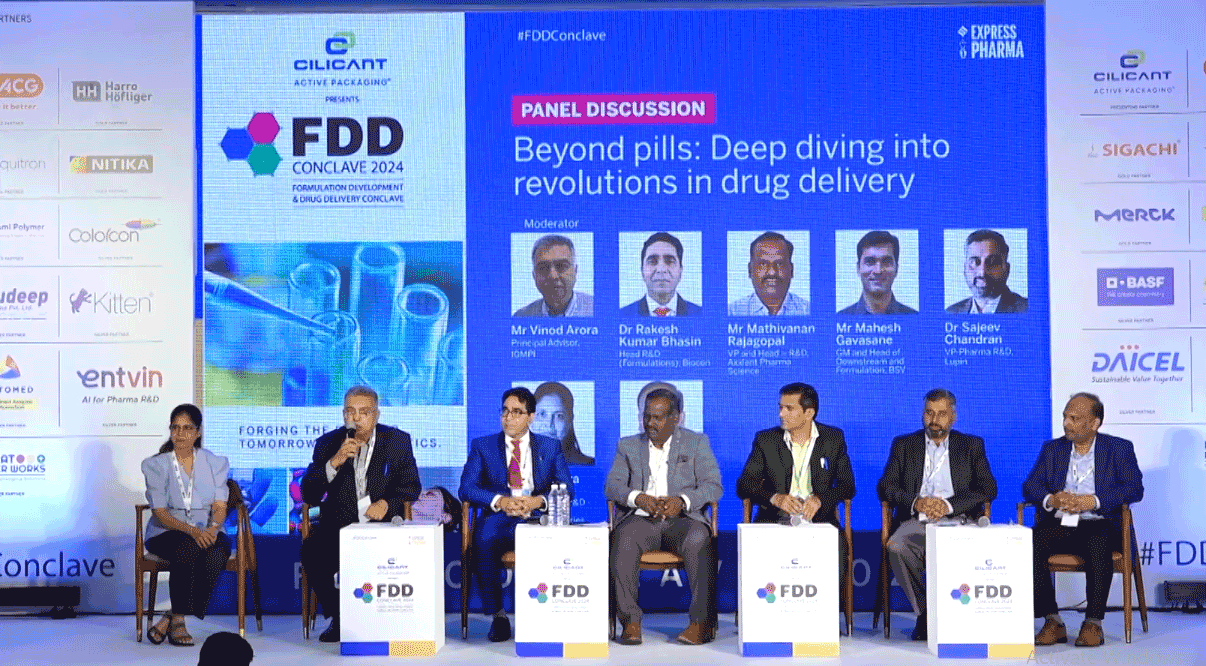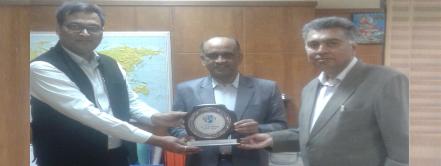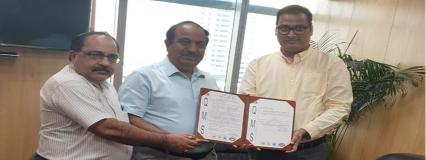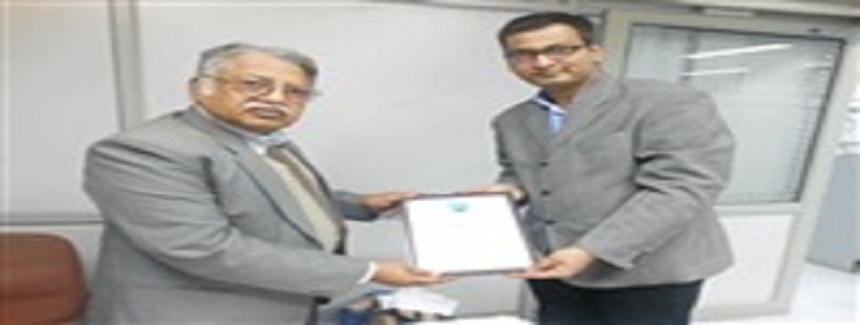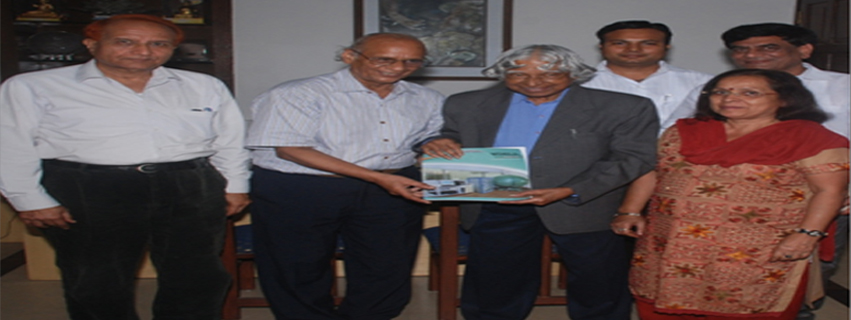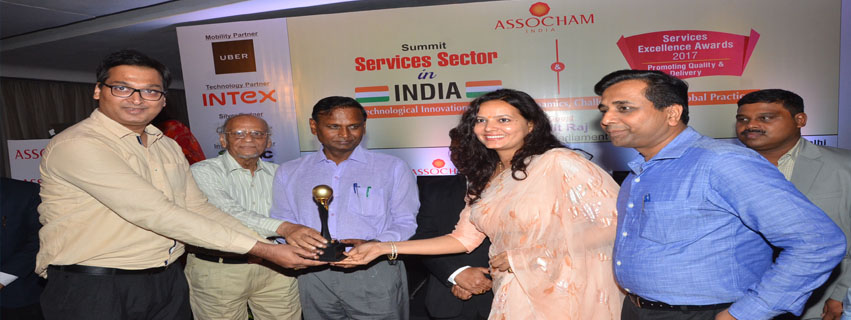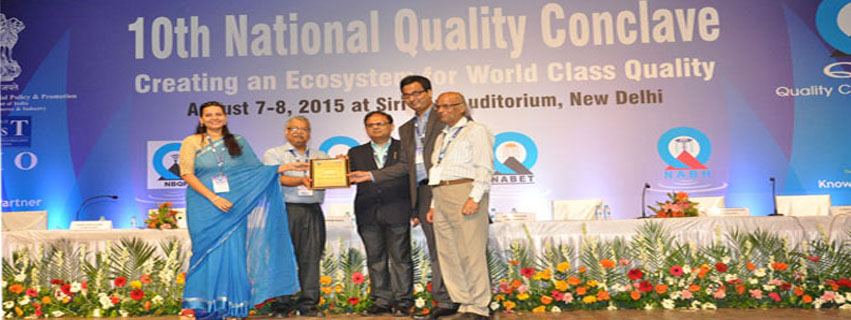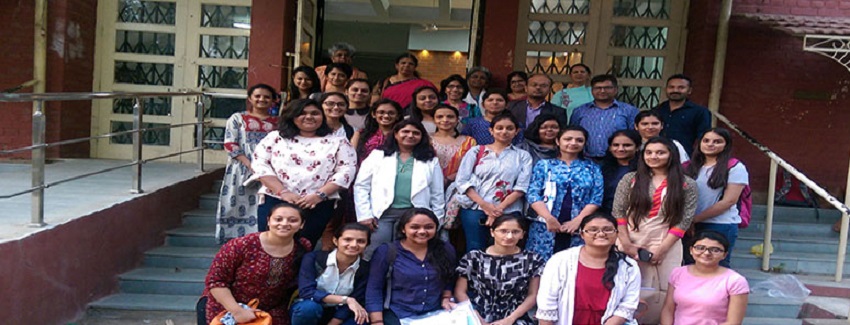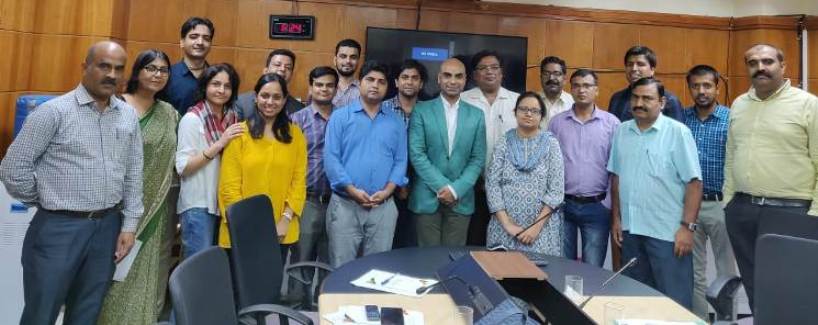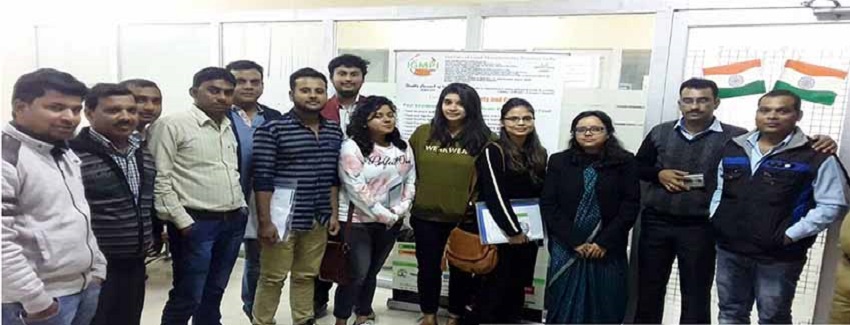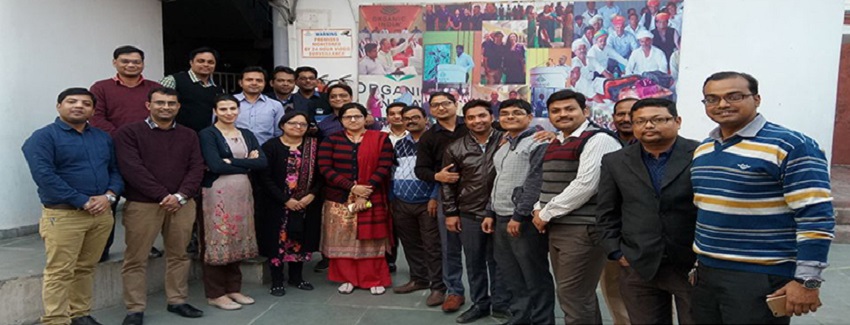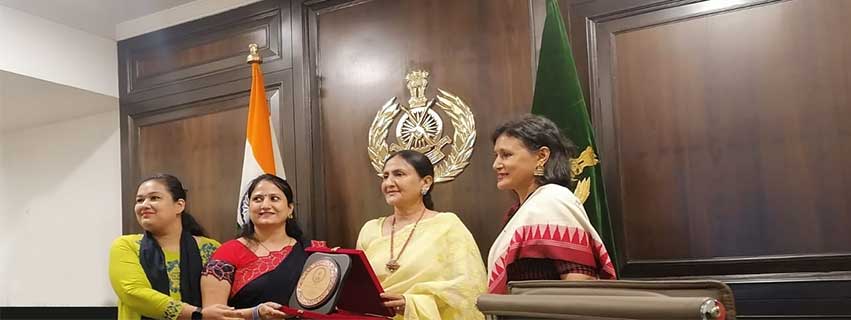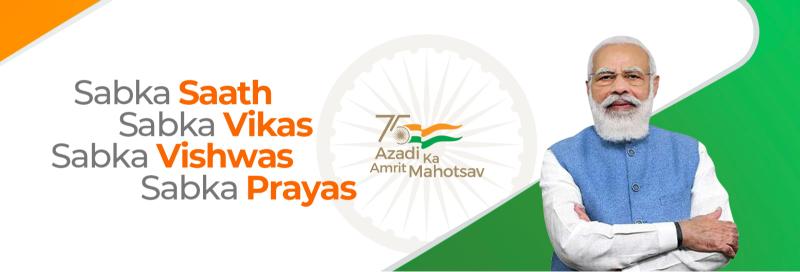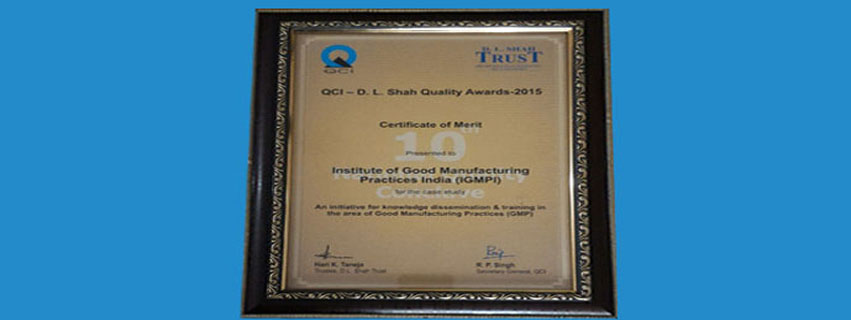(An Autonomous Body Recognized by Ministry of Commerce & Industry, Government of India)
Competency based placement focussed Education | Training | Research | Consultancy
Post Graduate / Executive Diploma in Psychosocial Rehabilitation (PGDPR/EDPR)
The Post Graduate Diploma/Executive Diplomain Psychosocial Rehabilitation is a comprehensive program designed to equip students with the knowledge and skills necessary to support individuals experiencing mental health challenges and psychosocial disabilities. Rooted in interdisciplinary approaches, the course draws from psychology, psychiatry, social work, and rehabilitation sciences to examine how mental illness affects cognitive, emotional, social, and occupational functioning. It emphasizes the significance of the psychosocial model of care, focusing on recovery, empowerment, and community reintegration. Students will engage with core areas such as mental health and well-being, human behaviour, psychological counselling, family and community interventions, vocational training, and legal frameworks related to disability and mental health. The program blends theoretical foundations with practical applications, enabling students to conduct assessments, and implement evidence-based interventions in diverse settings. Through a rights-based, person-centered lens, the course prepares mental health professionals to foster resilience, autonomy, and inclusion for individuals and families affected by mental illness, ultimately contributing to more compassionate and effective mental health systems.
Programme Overview
The PG Diploma/Executive Diplomain Psychosocial Rehabilitation is a one-year intensive program designed to prepare professionals to support individuals with mental health conditions and psychosocial disabilities through holistic, recovery-oriented approaches. This comprehensive course integrates theory and practice from psychology, psychiatry, social work, and rehabilitation sciences, enabling participants to address the complex interplay between mental illness, social functioning, and quality of life. The curriculum covers key areas including mental health and well-being, psychosocial foundations of human behaviour, psychological counselling, family and community-based interventions, vocational rehabilitation, and relevant legislation and policy frameworks. Specialized topics include working with diverse populations such as children, the elderly, individuals with substance use issues, trauma survivors, and marginalized communities. The program emphasizes evidence-based practices, ethical care, cultural competence, and human rights-based service delivery. Learning methods include in-depth modules, case studies and assessments. Participants will gain the knowledge and skills needed to assess needs, develop individualized rehabilitation plans, facilitate community reintegration, and advocate for inclusive mental health services.
Programme Structure
International Affiliation with
Programme Structure
International Affiliation with
Module 1: Health and Mental Health
- Concepts of Health, Illness, and Mental Well-being
- Biopsychosocial Perspectives on Mental Health
- Integration of Mental Health into Public Health Systems
Module 2: Psychosocial Foundations of Human Behaviour
- Human Development, Personality, and Learning
- Cultural, Familial, and Environmental Influences on Behavior
- Psychological Adaptation to Stress, Grief, and Trauma
Module 3: Principles and Practice of Psychosocial Rehabilitation
- Core Concepts, Values, and Models of PSR
- Recovery-Oriented and Person-Centered Approaches
- Institutional, Community-Based, and Home-Based Models
Module 4: Psychological Counselling
- Major Counselling Theories (CBT, Psychodynamic, Humanistic)
- Communication, Rapport-Building, and Therapeutic Alliance
- Ethics, Boundaries, and Professional Self-Care
Module 5: Research Methodology and Statistics
- Qualitative, Quantitative, and Mixed Methods
- Tool Development, Data Collection, and Analysis
- Basic Statistics for Mental Health Research
Module 6: Family, Group & Community Interventions
- Family Therapy, Caregiver Support, and Psychoeducation
- Group Counselling, Skill Development, and Peer Support
- Community Participation, Mental Health Literacy, and Advocacy
Module 7: Psychosocial Counselling for Special Groups
- Children, Adolescents, and School-based Interventions
- Elderly, Disability, and Terminal Illness
- Trauma, Substance Use, and Gender-Sensitive Counselling
Module 8: Vocational Rehabilitation, Administration & Legislation
- Life Skills Training and Work Readiness Programs
- Supported Employment, Entrepreneurship, and Livelihood Models
- Program Planning, Management, and Team Leadership in PSR
- Mental Health Legislation: RPWD Act, MHCA 2017, UNCRPD
Module 9: Technology and Innovations in Psychosocial Rehabilitation
- Use of Digital Tools and Telepsychiatry in PSR
- Assistive Technologies and e-Learning for Skill Building
- Innovations in Program Delivery: Mobile Apps, AI, and Virtual Reality
Module 10: Case Studies in Psychosocial Rehabilitation
Module 11: Capstone Project
Eligibility
Graduates in any discipline are eligible for our Post Graduate Diploma, Executive Diploma and Professional Certification Programmes.
Programme Duration
The minimum duration to complete the PG diploma programme is 12 months and maximum is 24 months. The minimum duration to complete the executive diploma programme is 6 months and maximum is 12 months.
Programme Mode
Registrations are currently open for regular and Part-time (Online Live Classes) both modes.
Programme Deliverables
A comprehensive study material for all the modules in hard copies ensuring the needs of the audience. The accompanying training material is appropriately aligned with the current Industry’s expectations.
- Assignments for all the programme modules for continuous evaluation and guidance.
- Interactive or online live sessions on all key areas of the programme giving all flexibility to the participants.
- Online Live Classes/Part-time for all the modules will be conducted on the weekends. Moreover, a doubt clearing session will also be scheduled before the examination
- All the efforts are made by IGMPI faculty members to make the entire programme modules easily understandable.
- Assessment and evaluation for all the programme modules in order to enhance the levels of competencies and skills of the participants leading towards the objective of application in the job.
- At the end of each programme modules, the trainers shall obtain feedback from the participants using specially designed questionnaires.
- All learning and training delivery initiatives shall be conducted in English.
Examination and Certification
All the participants are expected to appear for an online exam and are also obliged to submit assignments after each module. After successful completion, the participants will be awarded Post Graduate Diploma/Executive Diploma in Psychosocial Rehabilitation by Centre for Health Management and Research, IGMPI. For all the above-mentioned modules, Online Live Classes/Part-time or face-to-face classes (Regular mode), elaborate programme material, self-assessment assignments would be provided by the Institute. Details get updated on the webpage as well.
Discipline in Classes and Examination
Every student is required to observe a disciplined behaviour during her/his classes, assessments & examinations and to follow instructions from the Professors. Any act of indiscipline may result into discredit & it will be mentioned in her/his academic report.
Placement Assistance & Corporate Relations
The Institute has partnered with many organizations for providing with placement assistance to its participants. Besides, it has a robust placement cell comprised of senior level Human Resources professionals and Talent Acquisition experts which maintains close links with business and industry. This cell is continuously engaged in promoting the employability of our participants and encouraging the concerned Human Resources department and Hiring Managers to recruit/hire our participants for their vacant positions. The efforts of our placement cell also include helping with professional resume writing & interview skills.
In recent months the Institute has witnessed more and more participation from professionals working with global healthcare giants like Healthcare Settings (Apollo, Max Healthcare, Fortis etc.), Corporate Wellness Centres (Amaha, Mantra Care, Nirawellness etc.), Health Coaching and Consultancy (The Health Science Academy, Aanya Wellness, Shreehi Consulting Services LLP etc.), Education and Training, NGO’s (Mindroot Foundation, The MIND foundation etc.), and Private Practices etc.
Future Career Prospects
As the field of psychosocial rehabilitation continues to evolve, the PG Diploma/Executive Diplomain Psychosocial Rehabilitation will adapt to incorporate emerging research, interdisciplinary approaches, and innovations in mental health care delivery. With growing recognition of the importance of community-based, person-centered, and rights-based mental health services, the programme will increasingly draw from psychology, psychiatry, social work, public health, and rehabilitation sciences to address complex psychosocial challenges. Future iterations will focus on culturally responsive practices and specialized training for working with diverse populations, including individuals with severe mental illness, trauma survivors, marginalized communities, and those affected by substance use or social exclusion. The curriculum will also integrate digital tools such as tele-rehabilitation and technology-assisted interventions, preparing graduates for both traditional and remote settings. Emphasis will be placed on collaborative care models, peer support, policy advocacy, and resilience-building, along with practitioner self-care and burnout prevention. Graduates will be well-equipped for careers in hospitals, mental health organizations, rehabilitation centres, NGOs, educational institutions, government programs, and international development agencies working in the mental health and disability sectors.
Programme Fee Details
Programme fee details will appear here.
Last date for submitting completed Application Form: 28th Feb 2026.
For further enquiries, call or write to us on:
18001031071
(Toll Free -9:00 am to 5:30 pm IST-except on Central Government holidays)/
info@igmpi.ac.in
NEWSLETTER
- Shared Genetics Explain Why Mental Health Disorders Often Overlap
- Technology Integration Transforms Medical Transportation for Chronic Care in India
- Xortx Underscores Genetic Evidence for Xanthine Oxidase Targeting and Announces Board Update
- Technology-Driven Innovations Reshape India’s Eye Care Ecosystem
Other Programmes
- Addiction Psychology (PGDAP/EDAP)
- Adolescent Health and Counselling (PGDAHC/EDAHC)
- Ayurveda Practices (PGDAP/EDAP/DAP)
- Ayurvedic Cosmetology (PGDAC/EDAC)
- Ayurvedic Gastroenterology (PGDAG)
- Child Psychology (PGDCP/EDCP)
- Clinical Cosmetology (PGDCC/EDCC)
- Clinical Epidemiology (PGDCE/EDCE)
- Clinical Psychology (PGCP/EDCP)
- Cognitive Behavioural Therapy (PGDCBT/EDCBT)
- Counselling & Family Therapy (PGDCFT/EDCFT)
- Counselling Psychology (PCP/ECP)
- Cultural Psychology & Psychiatry (PGDCPP/EDCPP)
- Digital Health (PGDDH/EDDH)
- Educational Psychology (PGDEP/EDEP)
- Epidemiology and Biostatistics (PGDEB/EDEB)
- Facial Aesthetics (PGDFA/EDFA)
- Forensic Psychology (PGDFP/EDFP)
- Health and Sanitation (PGDHSI/DHSI)
- Health and Wellness Psychology (PGDHWP/EDHWP)
- Health Economics (PGDHE/EDHE)
- Health Informatics (PGDHI/EDHI)
- Health Information Management (PGDHIM/EDHIM)
- Health Inspector (DHI)
- Health Insurance Management (PGDHIM/EDHIM)
- Healthcare Analytics (PGDHA/EDHA)
- Healthcare Marketing (PGDHM/EDHM)
- Healthcare Quality Management (PGDHQM/EDHQM)
- Herbal Medicine (PGDHM/EDHM)
- Hospital and Healthcare Management (PGDHHM/EDHHM)
- Industrial/Organisational Psychology (PGDIOP/EDIOP)
- Integrative Medicine (PGDIM)
- Kaya Chikitsa (PGDKC/EDKC)
- Marriage and Family Education (PGDMFE/EDMFE)
- Maternal and Child Health (PGDMHC/EDMHC)
- Medical Coding (PGDMC/EDMC)
- Medical Records Technology (PGMRT/EDMRT)
- Mental Health and Psychotherapy (PGDMHP/EDMHP)
- Mind-Body and Lifestyle Sciences (PGDMBLS/EDMBLS)
- Naturopathy (PGDN)
- Naturopathy and Yogic Science (PGDNYS/EDNYS/DNYS)
- Neuropsychology (PGDNP/EDNP)
- Nursing Administration (PGDNA/EDNA)
- Public Health (Epidemiology as Major) (PGDPHE/EDPHE)
- Public Health and Hospital Management (PGDPHHM/EDPHHM)
- Sanitary Inspector (DSI)
- Telehealth (PGDTH/EDTH)
- Yoga Therapies (PGDYT/EDYT)
